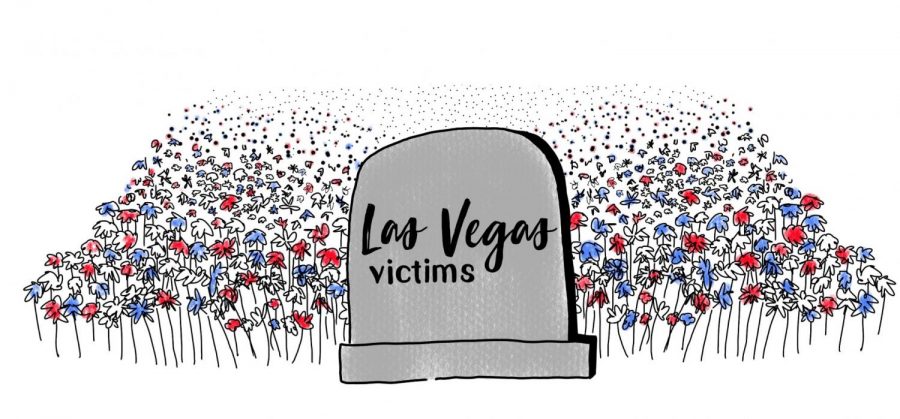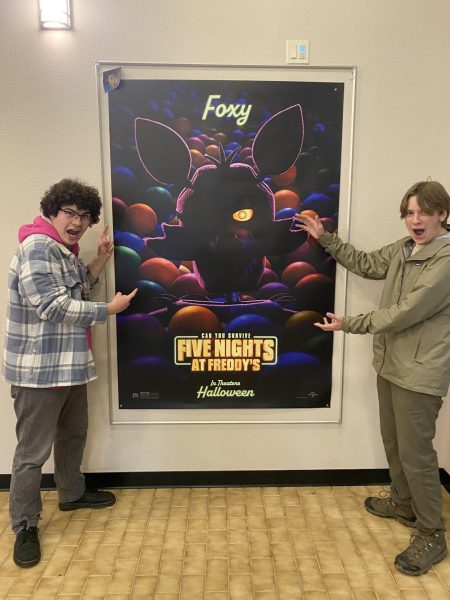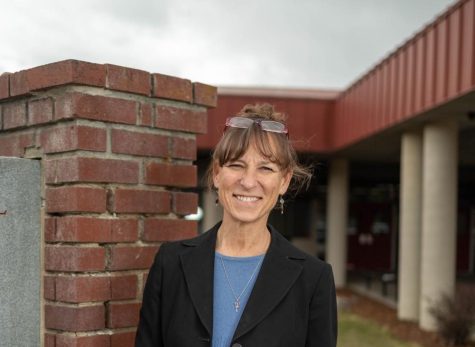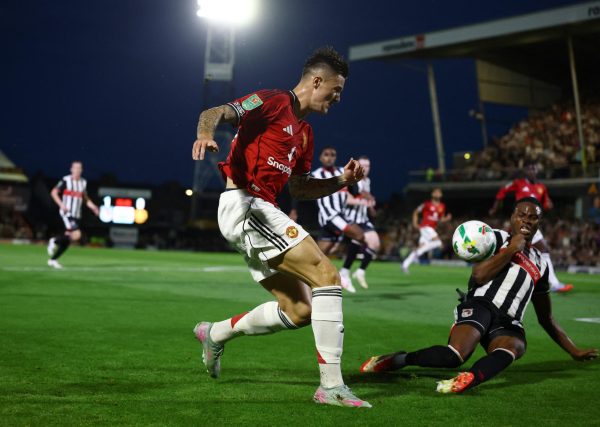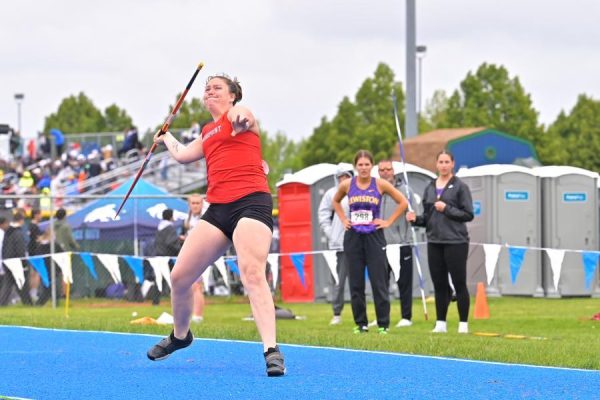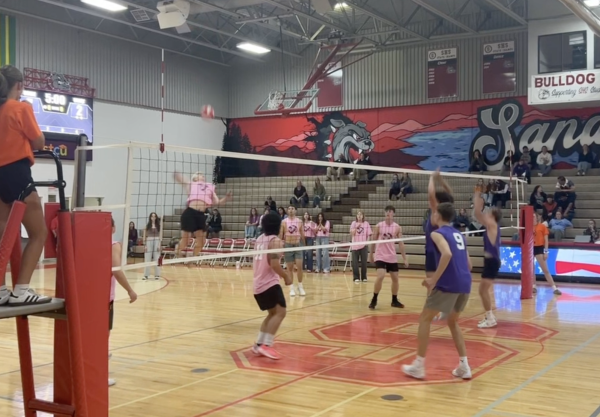OPINION: MASS SHOOTINGS AND TOXIC MASCULINITY
A look at the role of gender in America’s mass shooting epidemic
In the wake of a national tragedy, Americans have turned to one another for consolation, hope and community. The Las Vegas mass shooting that claimed 58 lives and left nearly 500 others wounded devastated the nation, but unfortunately, did not shock it.
The attack marked the deadliest mass shooting in modern U.S. history. This gruesome title has been passed from tragedy to tragedy thrice during the lifetimes of Sandpoint High students. Just last year, the worst mass shooting in modern history was Orlando. A decade before, it was Virginia Tech.
The body counts paint a clear picture: mass shootings in America are becoming increasingly deadly. Amidst debates on firearm laws, public security, and mental health, another force at play has been little discussed. Practically every shooter involved in each U.S. mass shooting has a significant trait in common, that being their gender.
According to Time Magazine, only three out of 134 mass shooters who have wreaked havoc on the nation since 1996 were women. These perpetrators are thus comprised of 98 percent men.
This disparity can be accredited to a smattering of reasons. To cite a few, there is the advent of violent entertainment such as video games that put the player in the virtual position of a mass murderer, the cultural norms that render seeking help a sign of weakness for men, especially in the realm of mental illness, and the emotional maturity of females in comparison to men.
Many mass shooters tend to be driven by perceived injustices — from gender or sex to interpersonal or career-related failures — that they feel deliver them less in life than they deserve. Our social culture of toxic hypermasculinity and entitlement leave many of these killers dissatisfied with their lot, often at the perceived expense of another group.
These men attack and kill in a testosterone-fueled rage towards unfair circumstances that leave them feeling personally persecuted. Ironically, these unjust boundaries have affected them the least throughout history and even today, hence the entitlement issue. In reality, the world doesn’t owe anyone anything. A major setback or failure may be devastating, but it isn’t a violation of any divine guarantee from the universe that life will be a certain way.
After the worst mass shooting in modern history, debate surrounding firearm policy, public protection and adequate mental health care access should by all means commence. But as Americans nationwide take moments of silence in remembrance of the victims of the Las Vegas attack, we should also ponder how we can rethink this culture of male entitlement.
That all starts with the way we learn to deal with drawbacks: either projecting blame, or accepting circumstances and moving on.
America can’t confiscate every automatic firearm in the nation. We can’t enforce total security in all public places. But acknowledging the deeply-rooted social influences that stain America’s reputation as the land of opportunity is a step in the right direction that we can all take today.
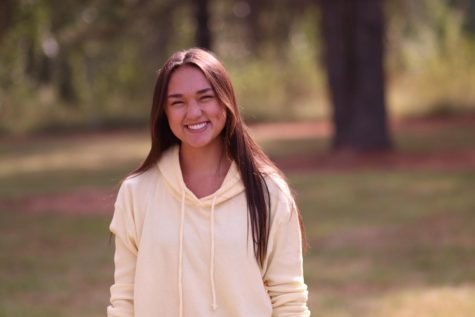
McCalee Cain is a senior and it is her third year on staff. She is the Editor-in-Chief.

